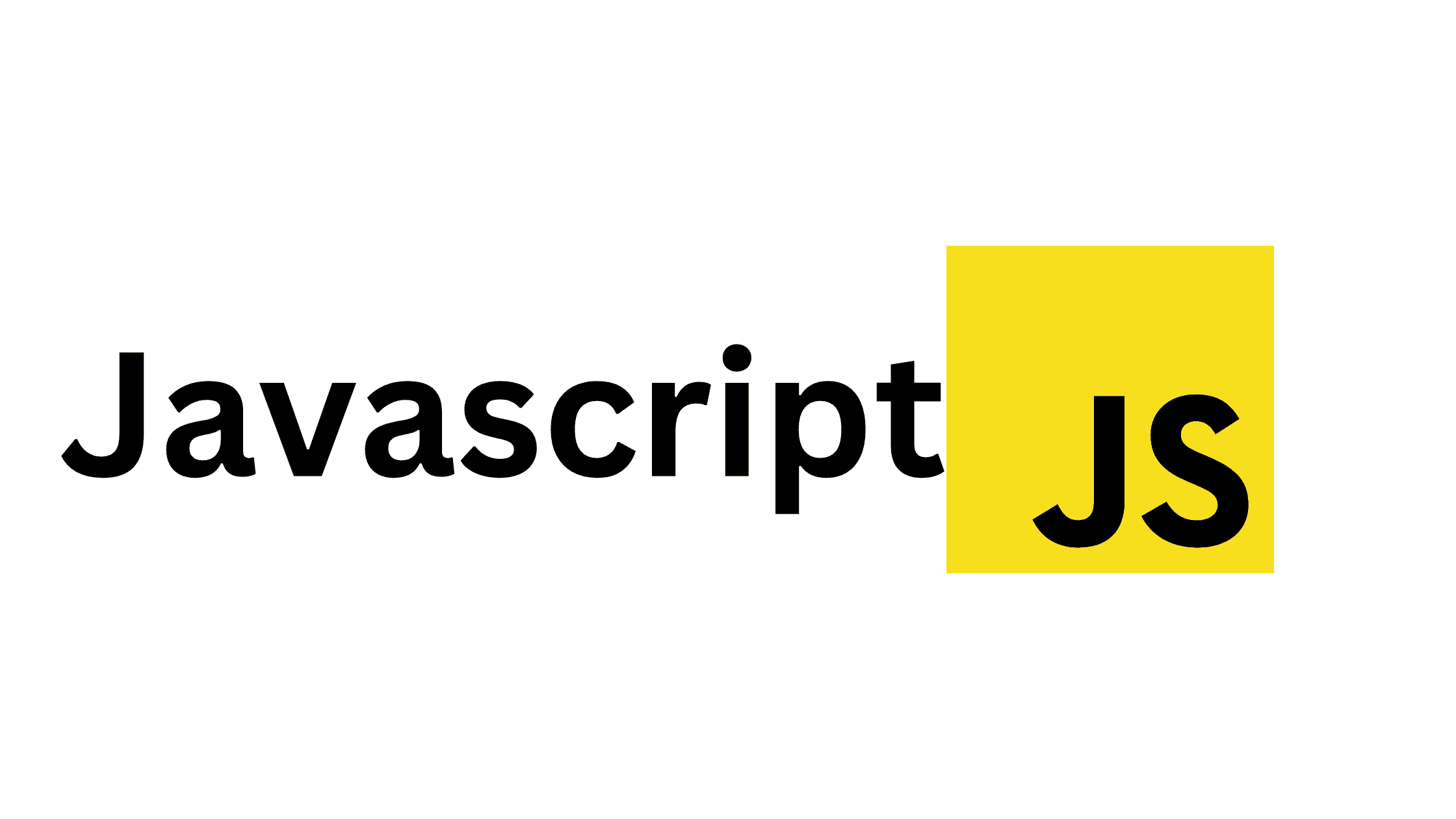Javascript(es6)

JavaScript is a programming language that has become ubiquitous on the web. It's used to create interactive websites, web applications, and even server-side applications. In this blog post, we'll explore what JavaScript is, its history, and some of its key features.
What is JavaScript?
JavaScript is a high-level, interpreted programming language that is often used to add interactivity to websites. It can be executed in a web browser or on a server using Node.js. JavaScript is primarily used for front-end development, but it can also be used for back-end development.
History of JavaScript
JavaScript was created by Brendan Eich in just 10 days in May 1995. At the time, he was working for Netscape Communications Corporation, which was developing the Netscape Navigator web browser. The first version of JavaScript was called Mocha, but it was later renamed to LiveScript before being renamed again to JavaScript.
In the early days of the web, websites were static and didn't have much interactivity. JavaScript was created to allow web developers to create dynamic and interactive websites. Since then, JavaScript has become one of the most widely used programming languages in the world.
Key Features of JavaScript
Variables In JavaScript, variables are used to store data. They can be declared using the var, let, or const keywords. The var keyword is used to declare a variable that can be re-assigned a value. The let keyword is used to declare a variable that can be re-assigned a value, but its scope is limited to the block it's declared in. The const keyword is used to declare a variable that can't be re-assigned a value.
Functions
Functions are a fundamental part of JavaScript. They are used to group together a set of statements that perform a specific task. Functions can be declared using the function keyword or using arrow functions (=>).
Arrays
Arrays are used to store a collection of values. In JavaScript, arrays can be declared using square brackets ([]). They can store values of any type, including other arrays.
Objects
Objects are a collection of properties and values. In JavaScript, objects can be declared using curly braces ({}) and can contain properties and values. Properties are key-value pairs that can contain any data type.
Control Flow Statements
Control flow statements are used to control the flow of execution in a program. JavaScript supports several control flow statements, including if/else statements, switch statements, for loops, while loops, and do-while loops.
DOM Manipulation
The Document Object Model (DOM) is a programming interface that allows JavaScript to interact with the HTML and CSS of a web page. With JavaScript, you can manipulate the DOM to create dynamic and interactive web pages.
AJAX
AJAX (Asynchronous JavaScript and XML) is a technique used to create dynamic web pages. With AJAX, you can update a web page without reloading it. This allows for a more seamless and interactive user experience.
Conclusion
JavaScript is a powerful and versatile programming language that has become an integral part of web development. Its ability to add interactivity to web pages has made it an essential tool for front-end developers. Additionally, with the advent of Node.js, JavaScript has become a popular choice for back-end development as well. Whether you're a beginner or an experienced developer, learning JavaScript is an essential skill for anyone interested in web development.
If you'd like to join the community and make your own posts on here and share your experiences Reach to me VIA social media or Email and I'd be more than happy to feature your writings!
Share this post.

I am a web developer documenting my experiences with learning front end web development.
View posts
